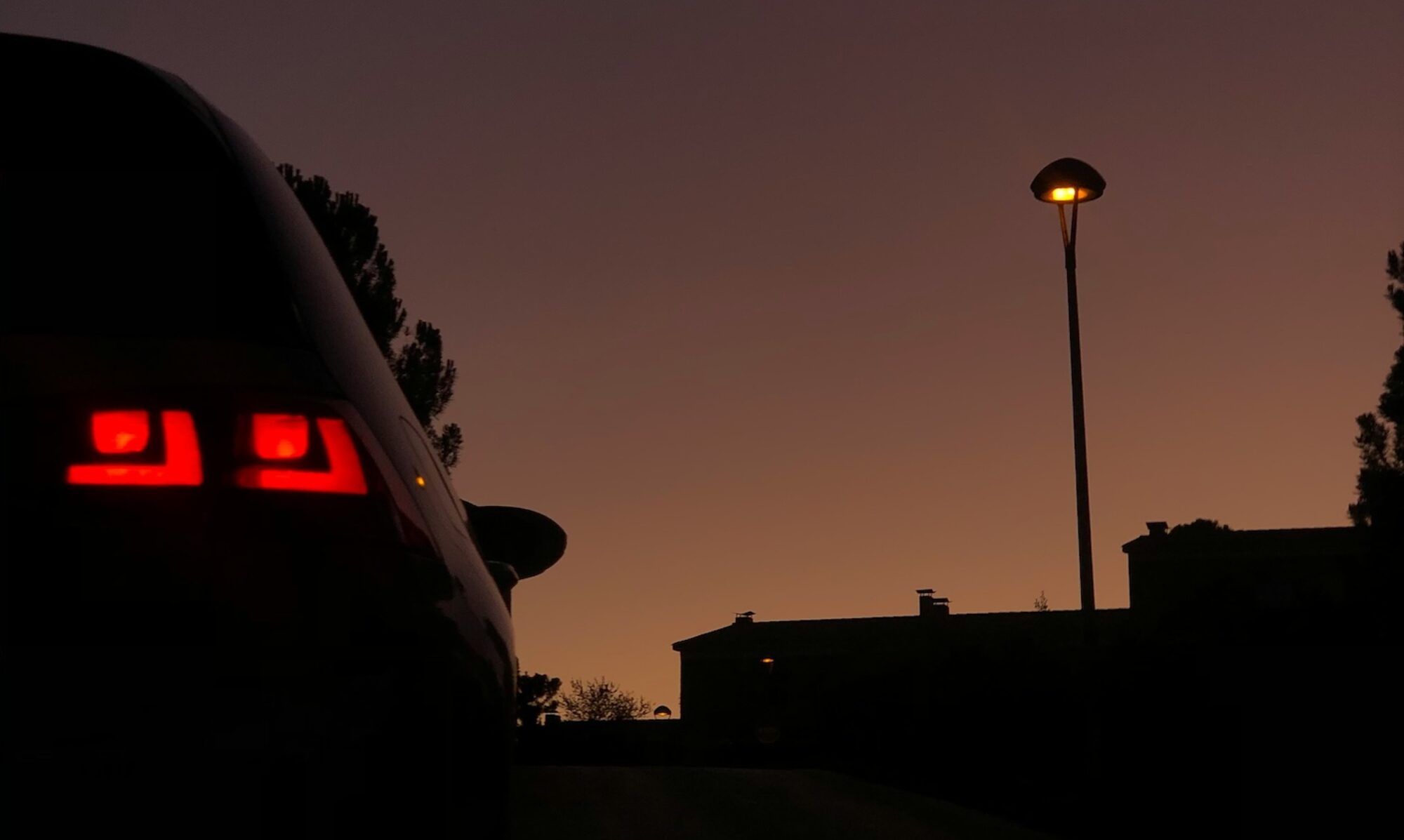(Dare we wade into much rhetorically wrangled waters, allow me to humbly attempt to address the following…)
On Tuesday FBI Director James Comey announced that they would not be recommending criminal charges against presidential candidate Hillary Clinton. According to Comey — who is widely respected on all sides of the political aisle — Clinton’s activities were not criminal; they were, however, “extremely careless.”
The reason, no less, for my trepidatious step into this topic is because Hillary Clinton is one of those “hear-and-proclaim-what-you-want” kind of topics… For those who think she is as awful and evil as a radical Islamic terrorist, they will proclaim the vicious villain again escaped just consequence… For those who think she is as wonderful and selfless as Mother Theresa, they will proclaim the suffering public servant never meant any wrong.
Recognizing that compromise is not always wisest nor accurate — knowing, for example, that you can’t split a baby in half — allow me five takeaways…
#1 — Too much money was spent on this investigation. (Sadly, too much money is spent all the time in Washington.)
#2 — This was political. On all sides. For those who both fiercely support or oppose Clinton, politics is in play. I don’t, though, believe we can ascertain that statement about Dir. Comey. That cannot be known for certain from each of our limited vantage points.
#3 — Hillary Clinton is not guilty, but she is also not innocent. Comey contradicted her repeated claims that none of the emails were classified at the time she saw them. Clinton did not always tell the truth.
#4 — Intent is always difficult to measure; it’s so subjective, and none of us are in the head of another. Hence, an accurate assessment of Clinton’s utmost intent most likely parallels where she falls on one’s individually assessed, “vicious villain to suffering servant” spectrum.
I realize the above are challenging, given the volatility and lack of objectivity on this lightning-rod-like topic. Let me add, though, #5, my final, albeit still many-won’t-like-it analogy. Follow, my analogy from “March Madness”…
In March of each year, even the non-fanatical fan hangs out in front of their big screen TV to watch one of the year’s purest sporting events. We fill out our brackets, choose our upsets, and soon wad up the remnants as one by one, our selections succumb to the conference powerhouses and surprisingly mighty underdogs. It’s college basketball’s year end tournament: the annual national championship. Everyone’s watching and paying attention!
Near the end of many of these key games, there seems a desire to let the game play itself out. While a game might be closely refereed throughout most of the contest, as a tight game ekes into it’s closing seconds — with the game and fame totally on the line — the refs have a tendency to let the players play. They want this game to be won or lost based on actual play — not on some controversial, perceived to be major or minor development — even though the development is real.
The main player drives hard down the lane, attempting to score, and there’s clearly, distinct physical contact — it’s a foul. But what do the refs do? Do they call the foul? Do they blow the whistle on something that everyone knows is not right, but they know will totally disrupt the flow of the game?
The refs often… let it go. The assessment of how bad the foul actually is then depends on who each fan was rooting for…
Half cry out, “Are you blind?? That’s egregious! That’s a foul!!”
The other half confidently adds, “It wasn’t that bad. Everybody does it.”
In other words, the “no call” ensures the end result is not significantly influenced by the referee.
(Note: they do call it “madness” for a reason.)
Respectfully…
AR



